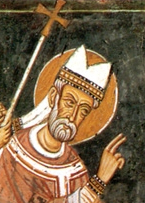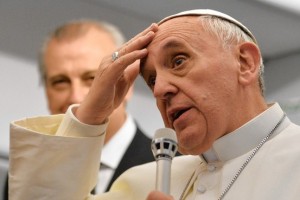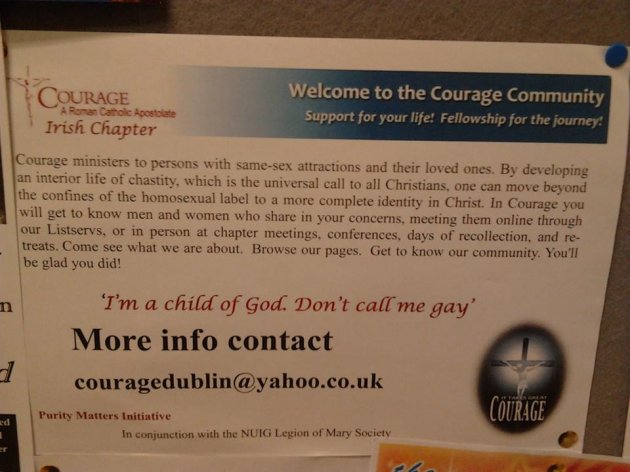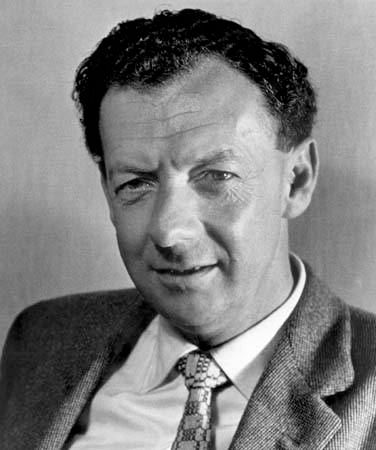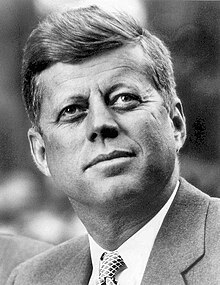A couple of days ago there was a report on changes in the Curia in Rome in which many of the priests who currently work there are being returned to their home dioceses. This is all part of the reform of the Curia which Pope Francis was elected to carry out.
Now you will forgive me for saying that I personally believe that the reform of the Curia will not be overwhelming and what the present Holy Father does may well be seen as a failure after his death. It is not that I doubt the abilities of the Pope, far from it he is a very able man, but so far in the long history of the Church no Pope has been able to reform the Curia, be he a Saint, a warrior, a bureaucrat, a tyrant, hard worker or manipulative schemer and we have had them all and worse! Why? I personally think it is because human nature is fallen and that reflects on all the systems we humans invent, and also because, perhaps, there is a hint of God saying to the Church: "You last not because you are efficient and effective, but because of my grace". The fact the Church has survived for two thousand years despite some of the characters we have had is nothing short of a miracle, and I expect that miracle will continue accompanied by all the trappings of the Curia.
That said, I do think the Holy Father can do a lot to make things better, and I do believe having a second look at personnel is no bad thing. For one I think we need a lot more lay people working in the various dicasteries and offices. I also think the Pope and his Cardinals should cast an eye on how many American dioceses run their Curial offices - yes some would accuse them of being too bureaucratic, but there is a basic good model there to help in reorganising the Curia in Rome.
Someone suggested that as the priests go their places should be filled by Italians. I could not agree with that. One of the problems we have in the Curia at the moment is that it is too Italian, Italian work hours and mentality being supreme. The Church is universal, so the Curia should reflect that. This may mean other changes, including looking again at the day to day working language of the organisation. There are plenty of committed lay Catholics with expertise in many areas who would prove a blessing to the Church in her central government. It might be possible that these experts could be persuaded to give a term of so many years in service to the Pope and the Holy See.
Now of course this brings us to an important issue, one which may explain why so many priests and nuns work in the Curia: salaries. The Vatican/Holy See could hardly be described as a generous employer. Having lived in Rome for a short time and having friends who work in the Vatican I am aware that their salaries are pretty low. Vatican employees, be they clergy, religious or lay, manage to survive because they avail of subsidised shopping in Vatican City State and they have healthcare provided in the Gemelli Clinic. Perhaps the reason why we have had so many priests and nuns in the Curia is because their work can be seen as part of their vocation and so the Pope can get away with paying them peanuts. This, however, has led to problems with backhanders and brown envelopes as we all know.
If the Pope and Cardinals are serious about reform of the Curia they will have to be prepared to give a just wage for a just day's work. I fear from what I have seen so far, however, that might not happen. Pope Francis's decision, following his election, not to pay his workers the customary bonus following the Sedes Vacante and Conclave was, in my view, an unfair action towards employees who had a mountain of extra duties heaped on them at an important moment in the Church's life. This bonus supplemented their wages and was a sign of appreciation from the Pontiff. In the private sector what the Vatican called a bonus, would be called "overtime". While this bonus, or some of it, was given to the poor, I do not think it laudatory to support charities with what is due, in charity and justice, to others.
Talk of poverty is all very well if we speak of living it ourselves, but we cannot impose it on others, and if the Holy See wants a better run Curia then it has to be prepared to pay for it. The privilege of poverty in the service of the Pope might seem virtuous to some, but real life dictates that families have to be fed, children have to be educated and money is necessary to live. Celibate priests and nuns can subsist in the current Vatican pay system, but if the priests are going then they have to be replaced by laity if the work is to be done and they have to be paid a wage that reflects the work they do, the hours they put in and the basic reality of their lives. Not replacing the priests, as some have also suggested, and having a smaller Curia is just going to increase the work load and slow down the whole organisation, and let's face it the Curia is already one of the slowest bureaucracies in the world.
Some have suggested that bishops and local dioceses be given more competence to deal with issues and so reduce the Curia's work load: yes, perhaps. However, just look at how some bishops run their dioceses and their attitude to the Holy See and we might realise that such radical decentralisation might not be a good thing in every case.
These are just a few thoughts I'm sharing with you. Just another page to add to the reams already written on this subject. Pope Francis is well placed and able to do something to make things better in the Curia, so we must pray for him. But let's not heap unrealistic expectations on his shoulders - he already has the Cross of Christ to carry. If I may adapt a saying of the Lord's: "Where two or three are gathered, there's politics": the Curia, like all human systems is flawed because we human beings are flawed. We will not construct a perfect Curia, there is no such thing as a perfect human organisation (that was the ideological flaw at the heart of Marxism and Nazism and all other ideologies). We have to cope with imperfection while striving for perfection. As the Church carries out her mission she may well have to carry an imperfect, perhaps even at times a dysfunctional Curia carrying out the administrative work, but all the more reason for the Church and her faithful to say, perhaps even in astonishment: "Wow, we're still here and going strong despite that mess: God is indeed in charge!"
